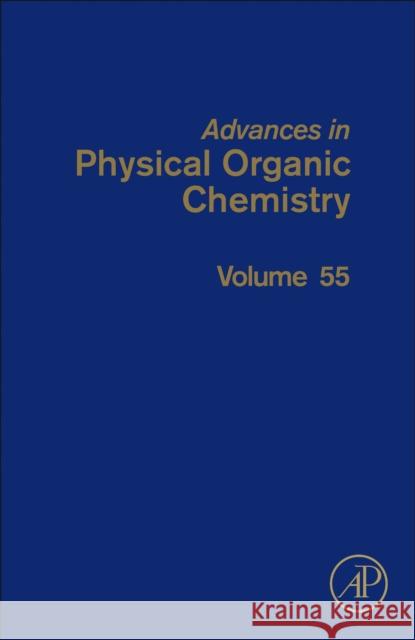Advances in Physical Organic Chemistry: Volume 55 » książka
topmenu
Advances in Physical Organic Chemistry: Volume 55
ISBN-13: 9780323850223 / Angielski / Twarda / 2021 / 78 str.
Advances in Physical Organic Chemistry: Volume 55
ISBN-13: 9780323850223 / Angielski / Twarda / 2021 / 78 str.
cena 866,90
(netto: 825,62 VAT: 5%)
Najniższa cena z 30 dni: 854,54
(netto: 825,62 VAT: 5%)
Najniższa cena z 30 dni: 854,54
Termin realizacji zamówienia:
ok. 30 dni roboczych.
ok. 30 dni roboczych.
Darmowa dostawa!
Kategorie:
Kategorie BISAC:
Wydawca:
Academic Press
Seria wydawnicza:
Język:
Angielski
ISBN-13:
9780323850223
Rok wydania:
2021
Numer serii:
000042608
Ilość stron:
78
Waga:
0.27 kg
Wymiary:
22.86 x 15.24 x 0.64
Oprawa:
Twarda
Wolumenów:
01











